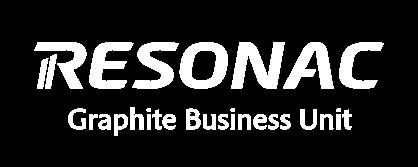










In a world marked by trade tensions and economic uncertainty, Resonac Graphite Business Unit is redefining its approach to sustainability, innovation, and customer partnerships. Tim Saxon, CMO, reflects on the current challenges as we revisit the company
Writer: Rachel Carr | Project Manager: Nicholas Kernan
Today’s headlines are filled with discussions about tariffs and trade wars, making the future of global commerce a topic of widespread concern.
We reconnect with Resonac Graphite Business Unit (RGBU) to explore how these developments have affected the company since we last spoke a year ago.
“Regardless of the outcomes in the current trade discussions, I believe this period will have a lasting impact on how businesses think about their suppliers, operations, and customers in the future,” introduces Tim Saxon, CMO.
The last year has been challenging for the graphite electrode (GE) industry, with most major competitors finishing 2024 in a financial deficit, and worryingly, Q1 2025 has not seen much improvement.
“Much like the steel producers we serve, we operate in an industry where China manufactures over half of the world’s supply.
“With enough capacity to meet its domestic needs four times over, China exports its ‘subsidised overcapacity’ to other global markets. This puts significant downward pressure on domestic pricing and harms the local suppliers and regions where they

operate,” Saxon points out.
Fortunately, various government and trade organisations have begun understanding the need for a healthy domestic electrode industry, as demonstrated by tariffs and anti-dumping duties on Chinese electrodes in the EU, US, and Japan, which just announced their preliminary duties in February this year.
“80 percent and 75 percent of the total spend of our Japanese and US electrode plants stayed inside the respective countries. These funds will support domestic energy suppliers, local and regional governments in
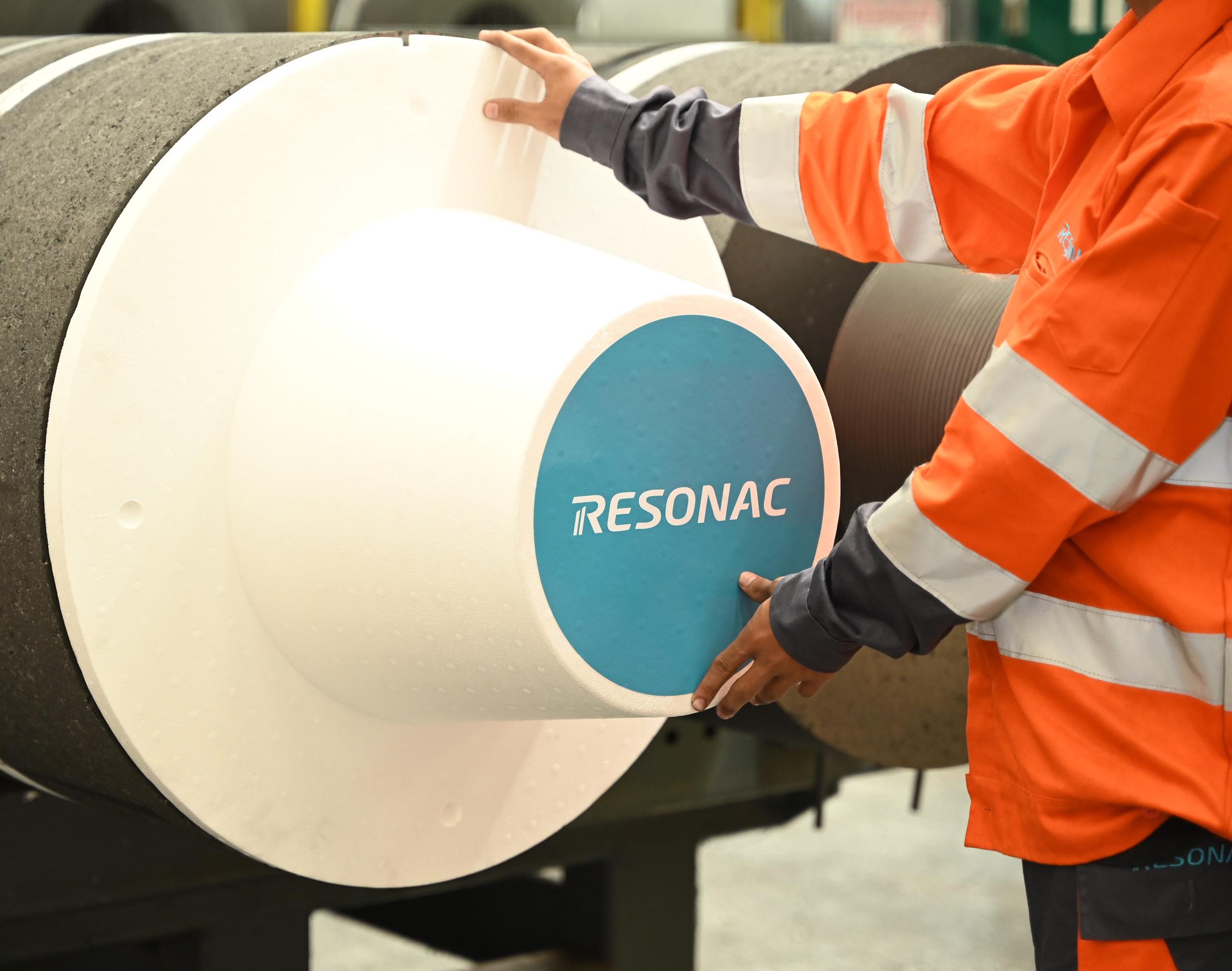
the form of taxes, domestic workers, and the communities where they live,” Saxon explains.
As with all industries, the GE market is continuously evolving, and RGBU primarily services customers who use electric arc furnaces (EAFs) to melt scrap steel into new products, creating 75 percent less carbon dioxide emissions than the traditional blast furnace method of steel production.
One of the many advantages of an EAF is its flexibility and agility. Depending on customer orderbooks,
the furnace can run to maximise production volumes or run to maximise efficiency and minimise energy consumption.
“We are very excited to be a critical part of the circular economy, in that our electrodes are essential for this type of steel recycling. It is widely agreed that the future is bright for the EAF industry, and we are glad to be partners with electric steelmakers worldwide,” Saxon enthuses.
A GE is needed to make every tonne of EAF steel, and the product is becoming increasingly commoditised. This is the primary contributor to the current global challenge of balancing
supply and demand.
“We are optimistic that the proper authorities are addressing those challenges in places where they are needed most.
“Regardless of the outcomes in trade cases or geopolitical conflicts, we understand our responsibility is to be innovative and continuously add value to our customers’ operations. Like many industries, we believe future success in the steel and GE business is moving towards digitalisation and value-added services,” he acknowledges.
Though the electrode is an essential part of melting steel, it is
“OUR EMPLOYEES ARE OUR FOUNDATION, AND WE ARE COMMITTED TO FOSTERING A SAFE, SUPPORTIVE WORKPLACE FOR THEIR GROWTH. ESG IS NOT JUST PART OF OUR STRATEGY; IT IS OUR STRATEGY”
– TIM SAXON, CMO, RESONAC GRAPHITE BUSINESS UNIT
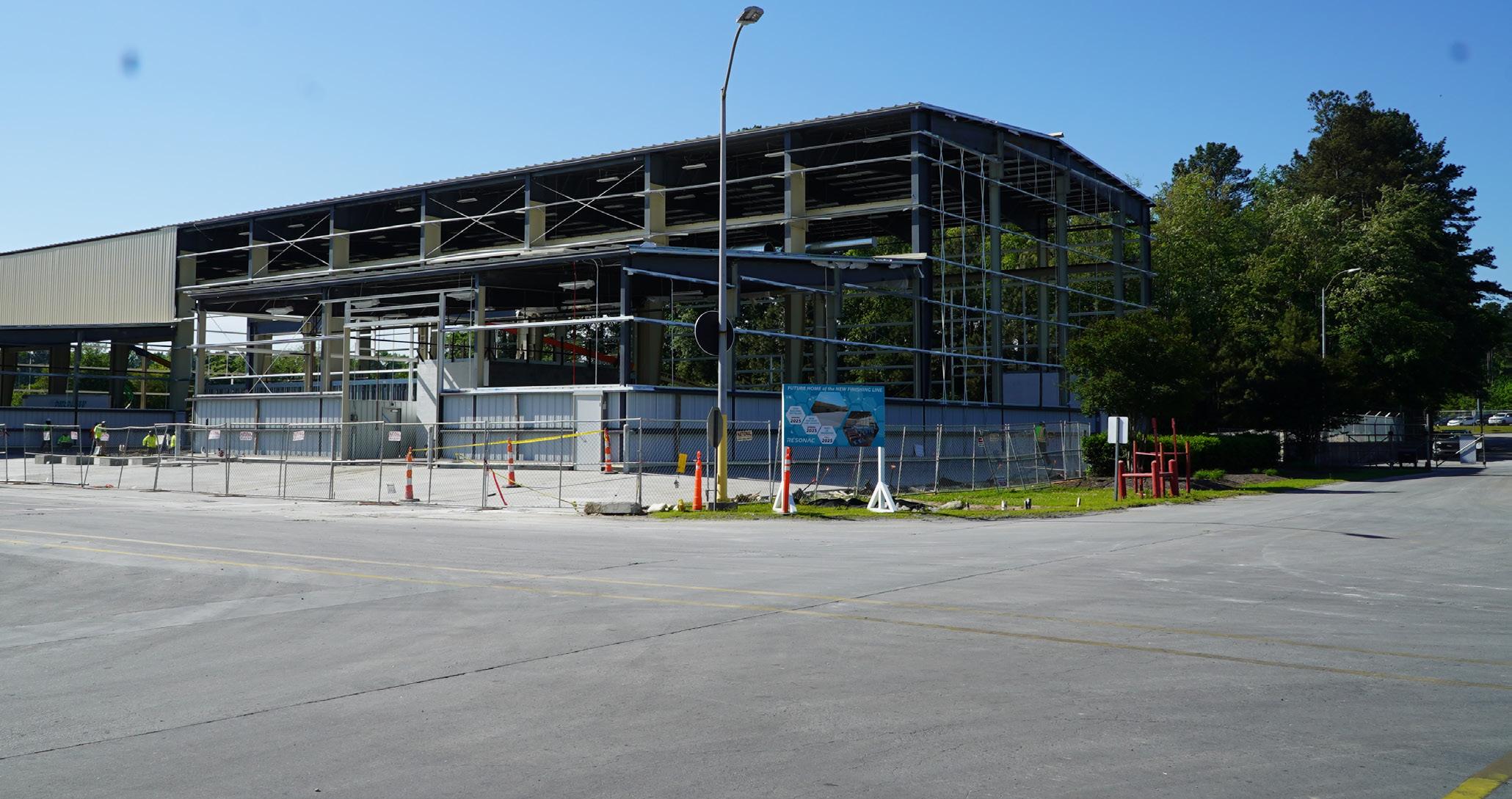
just one instrument in the orchestra that makes up the symphony of an EAF operation. The electrode’s performance is impacted by how the furnace operates, which is ultimately determined by the customer’s needs.
A SYMBIOTIC SYMPHONY
By acquiring AMI Automation (AMI), RGBU can help customers meet their business needs in real time through EAF optimisation.
“This acts as a ‘digital conductor’ of the orchestra (the EAF) to achieve the optimum symphony (the EAF performance), with the electrode as the instrument,” Saxon analogises.
When RGBU acquired AMI, many people viewed it as a paradox that a large, traditional electrode supplier would purchase an innovative technology company known for helping customers reduce their electrode consumption.
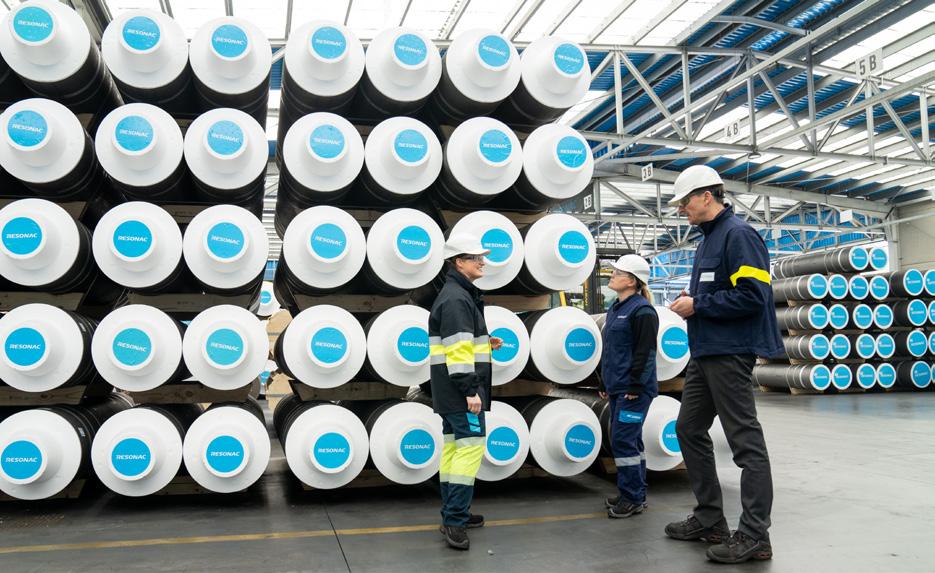

“We view our role as a way to serve our steelmaking partners better. As an electrode supplier for 80+ years, we have continually invested in R&D to manufacture the best products on the market. By utilising AMI’s products and services, our customers can achieve peak performance from their EAF, including the electrode,” Saxon expresses.
“For decades, RGBU has manufactured premium GEs, but

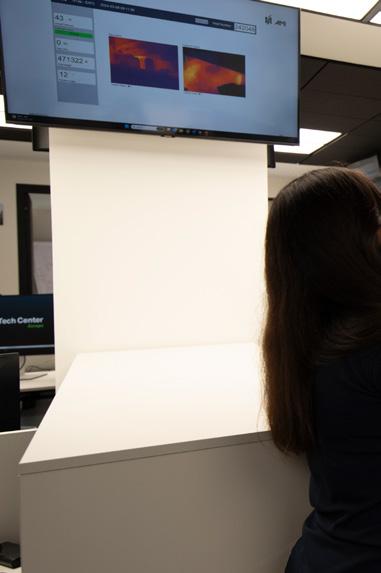
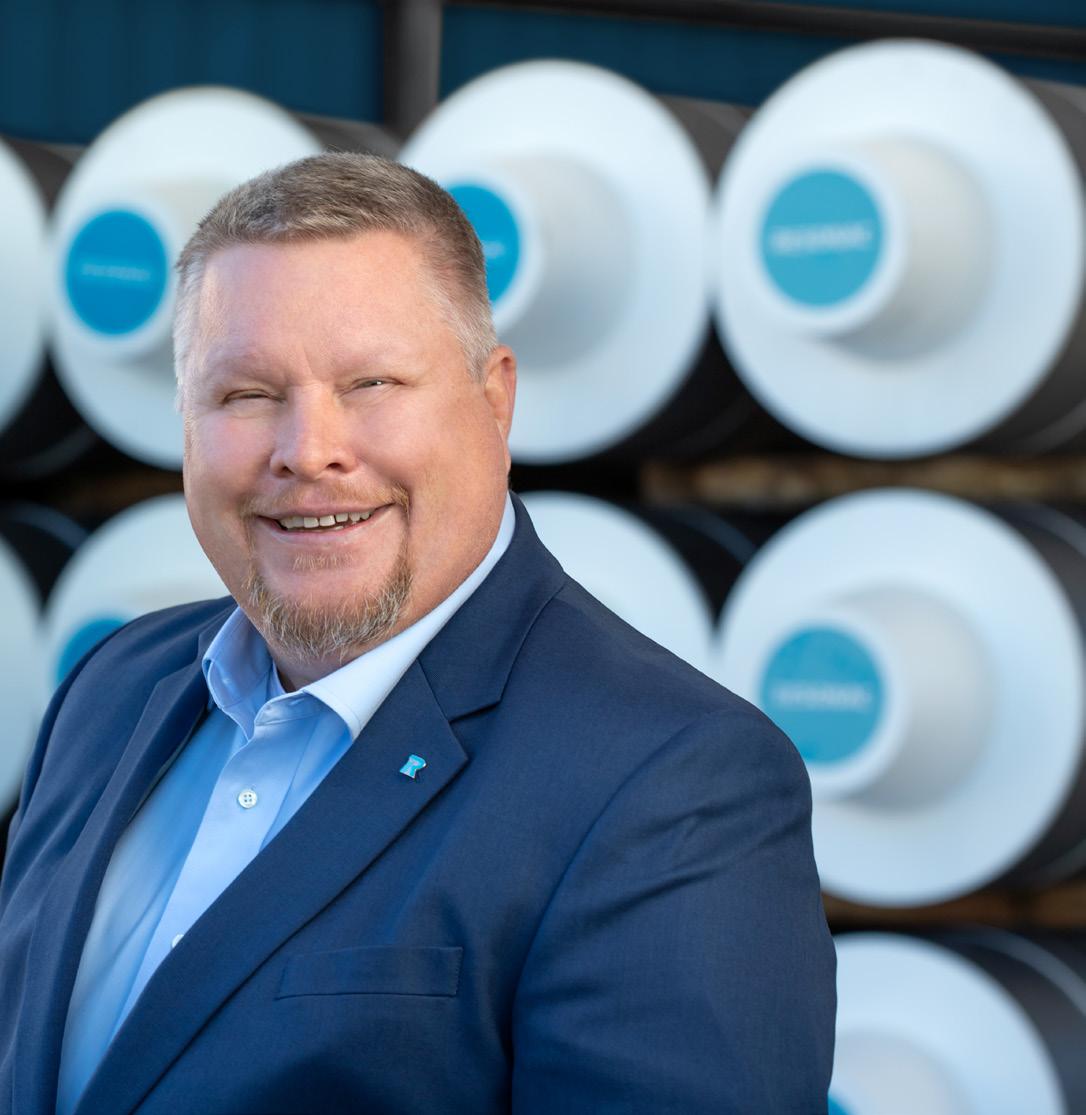
their performance can be hindered by factors unrelated to the electrode in the furnace. Imagine a skilled, firstchair violinist playing a Stradivarius being drowned out by a novice in the back, honking on a cheap trumpet. The true quality of an electrode shines in a fully optimised EAF; thus, we see the RGBU and AMI partnership as a fusion of tradition and innovation.”
Within this partnership, RGBU can now work with customers in
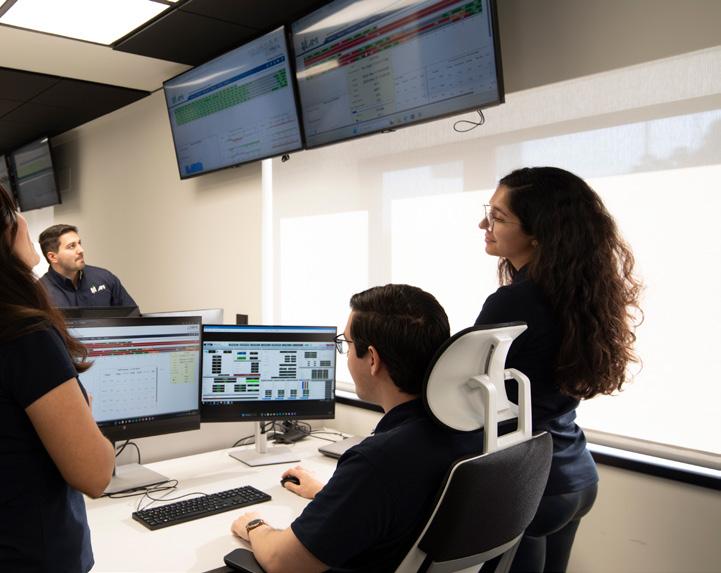
Tim Saxon, CMO: “For years, AMI has benefitted from its AMITech Center (ATC) in Monterrey, Mexico, where engineers monitor customer furnace performance in real time. This 24/7 service has become integral to customers’ operations, often alerting them to issues before their internal teams do.
“AMI has officially opened an ATC in A Coruña, Spain to provide our global customer base with enhanced support from top EAF optimisation engineers.
“Additionally, we’ve introduced AMITech Talks, which are customerfocused events aimed at optimising the EAF steelmaking process through interactive workshops on cutting-edge technologies, with the inaugural talk scheduled for May 20th-21st in A Coruña. These efforts reflect our commitment to innovation and collaboration within the global electric steelmaking community.”
other areas such as employee safety, supply chain management, and decarbonisation.
Through collaborating with RGBU, AMI has additionally developed digital tools designed to detect potential issues with the furnace and electrodes.
These early warning indicators not only allow the furnace crew to react and mitigate issues but also provide an opportunity to clear the furnace floor, ensuring the safety of operators.
After laying out a prudent and measured approach, RGBU has entered the electric vehicle (EV) battery business through its pilot plant in Spain.
Whilst the GE and EV battery industries rely on synthetic graphite, they have different views on global supply and demand. The latter in particular recognises the strategic importance of graphite and is taking steps to reduce dependence on one
region.
The EU and US classify graphite as a critical mineral essential for modern technologies and national security. In contrast to the locally rooted global steel and GE industries, which have consolidated over decades with over half of production in China, the EV battery market has rapidly expanded due to surging demand for EVs and synthetic graphite.
“The early, long-term projections for EVs resembled a modern-day gold rush, and China had the resources, capacity, and economic environment that allowed it to become the dominant supplier, producing 97 percent of the world’s battery anode materials by 2018,” Saxon comments.
As the COVID-19 pandemic exacerbated geopolitical stability and supply chain resiliency, EV battery producers began diversifying their supplier base, particularly in the US and Europe, with the optimistic growth forecast suddenly leading to the same artificial gold rush in these regions.
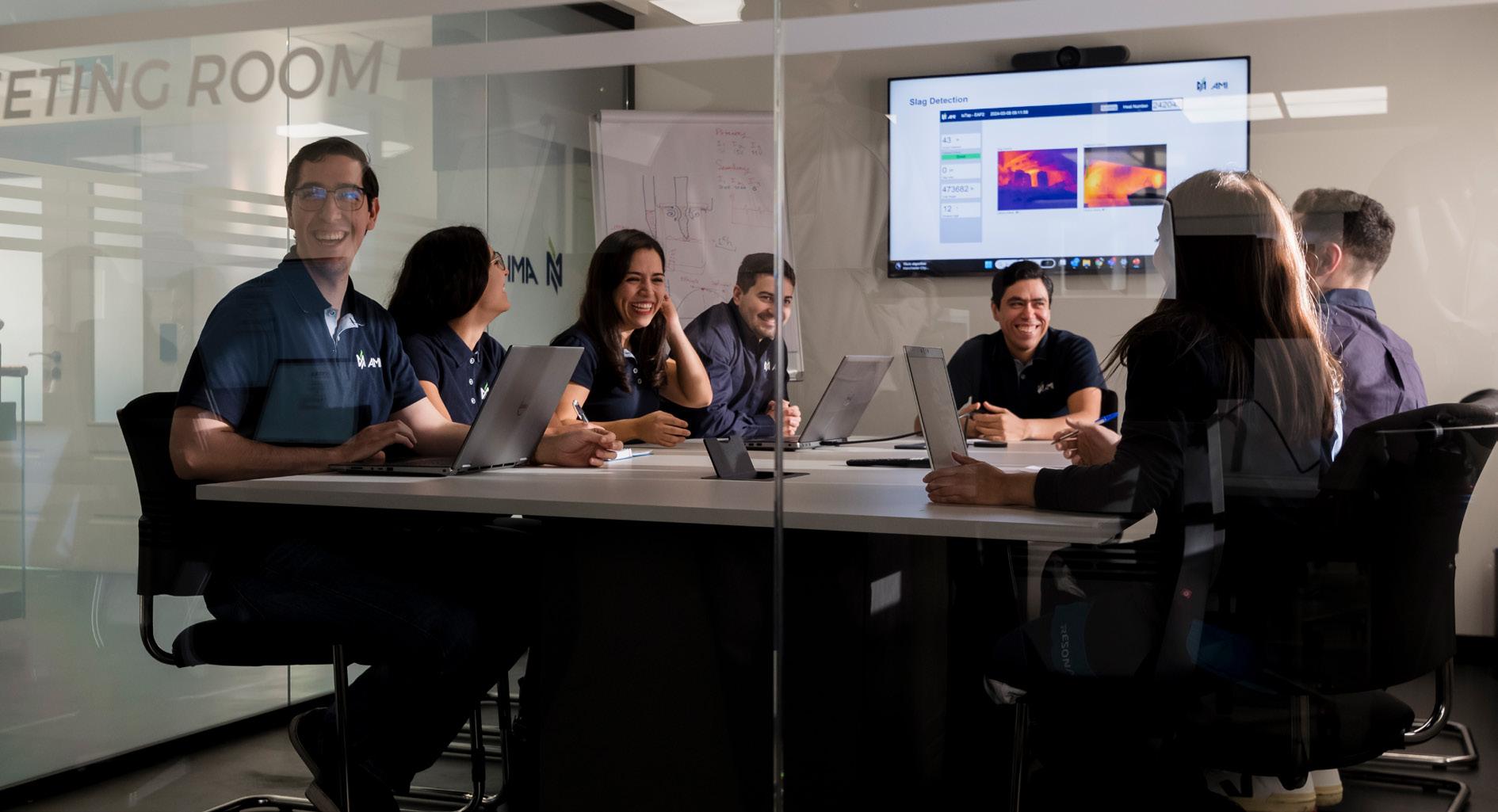
“The projections for EVs have softened a bit, but at RGBU, we are not necessarily disappointed. We had a plan from the beginning and are taking a prudent, measured approach to that market. This softening could benefit us because we are not overleveraged whilst implementing our plan,” he reports.
As a Resonac company, RGBU prioritises environmental considerations and decarbonisation in its mission to “change society through the power of chemistry.”
“We harness the power of graphite to enhance societal well-being by enabling steel recycling with our GEs
Recycling is Like Magic is a series of children’s books and educational materials designed to teach young minds about the importance and benefits of recycling metal. It aims to engage readers in eco-friendly practices to encourage them to make sustainability part of their daily routine.
“If you are interested in learning more about steel recycling, look out for the third book from the Recycling is Like Magic series. I’m told the main character, Ellie, and her friends are going to visit one of Nucor’s steel mills to learn more about remelting scrap steel. If you look closely, you might even see an RGBU GE!” Saxon informs us.
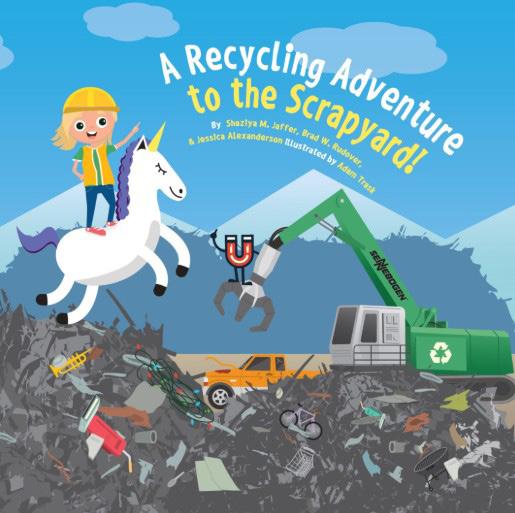
and supplying graphite for renewable energy storage in batteries,” urges Saxon.
It’s crucial for RGBU to differentiate between sustainability and decarbonisation; the latter focuses on production processes and emissions, whilst the company highlights the significance of environmental, social, and governance (ESG) factors.
“Our employees are our foundation, and we are committed to fostering a safe, supportive workplace for their growth. ESG is not just part of our strategy; it is our strategy. We are dedicated to continuously improving, lowering our carbon footprint, and ensuring a resilient supply chain,” he highlights.
“Long before it was trendy, our plants in Austria and Japan utilised renewable energy from hydropower, and our facility in A Coruña, Spain invested in local wind energy.”
At the inaugural Global Steel Climate Council® Member Forum in Brussels, Belgium, discussions around green steel highlighted the need for clear definitions and the complexities


• Established in 1970 and headquartered in Cherryville, North Carolina.
• A family-owned and operated business with a strong emphasis on family values.
• Second-generation ownership since 2019.
• Recognized nationally and internationally as in industry leader in Expanded Polystyrene. (EPS) and Expanded Polypropylene (EPP) Technology.
• State-of-the-art EPS and EPP moulding facility.


Modern Polymers manufacture lightweight, durable, and energy-absorbing materials used for safety protection in automotive applications such as bumper assemblies, crash pads, and carpet inserts, as well as in child safety seats. We also produce customized packaging solutions tailored to precise customer specifications, offering nearly unlimited shapes and sizes. Our impactresistant packaging is designed to protect products with specific requirements for impact transfer.
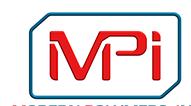


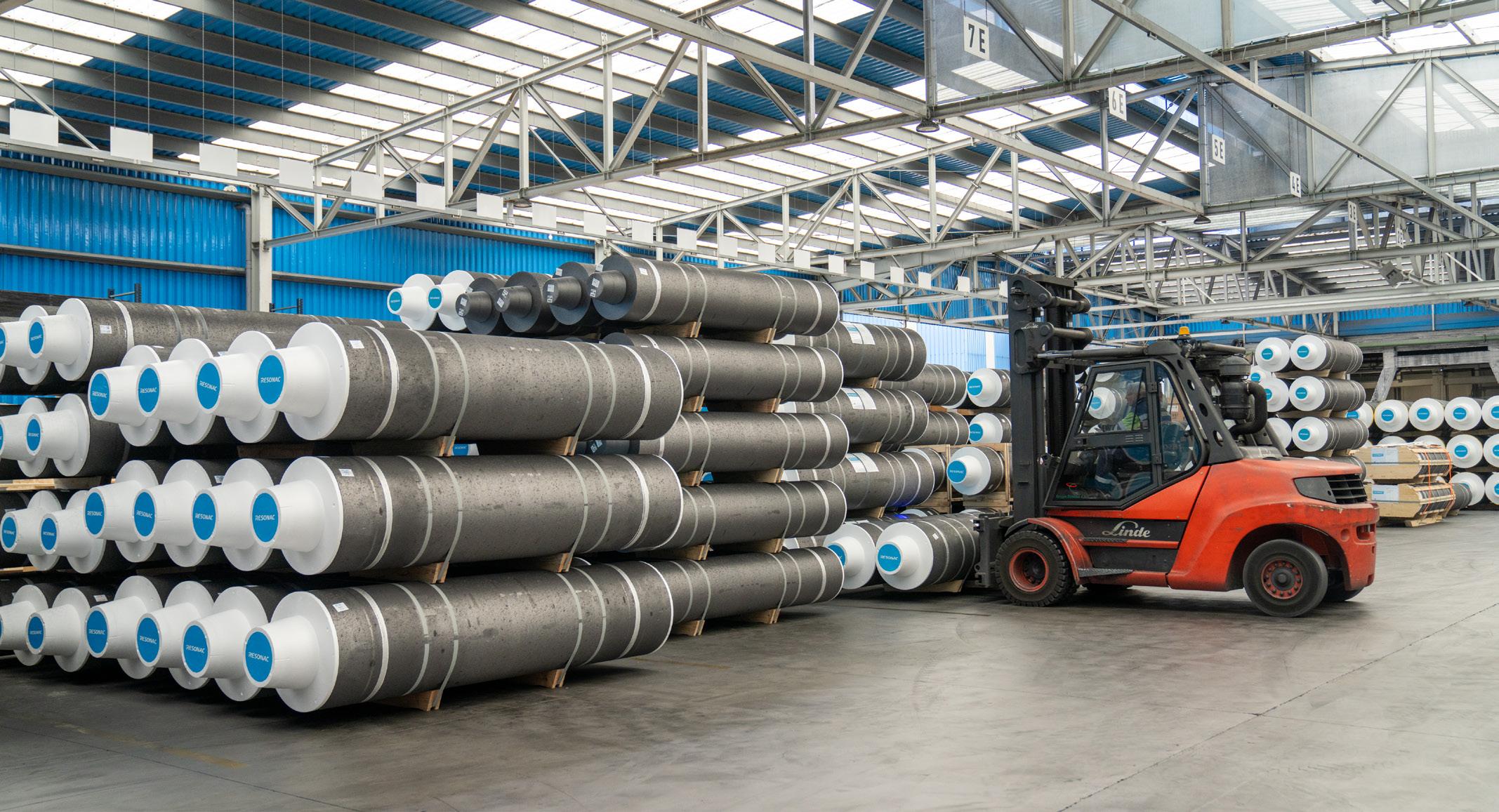
of monetising sustainable products.
“It’s evident that the future is green, yet the term is overused. Therefore, manufacturers must scrutinise investments carefully,” Saxon warns.
Indeed, whilst many support clean products, real investments require consumer willingness to contribute to the extra expense, or they just end up benefitting less responsible players.
“WE VIEW OUR ROLE AS A WAY TO SERVE OUR STEELMAKING PARTNERS BETTER. AS AN ELECTRODE SUPPLIER FOR 80+ YEARS, WE HAVE CONTINUALLY INVESTED IN R&D TO MANUFACTURE THE BEST PRODUCTS ON THE MARKET”
– TIM SAXON, CMO, RESONAC GRAPHITE BUSINESS UNIT

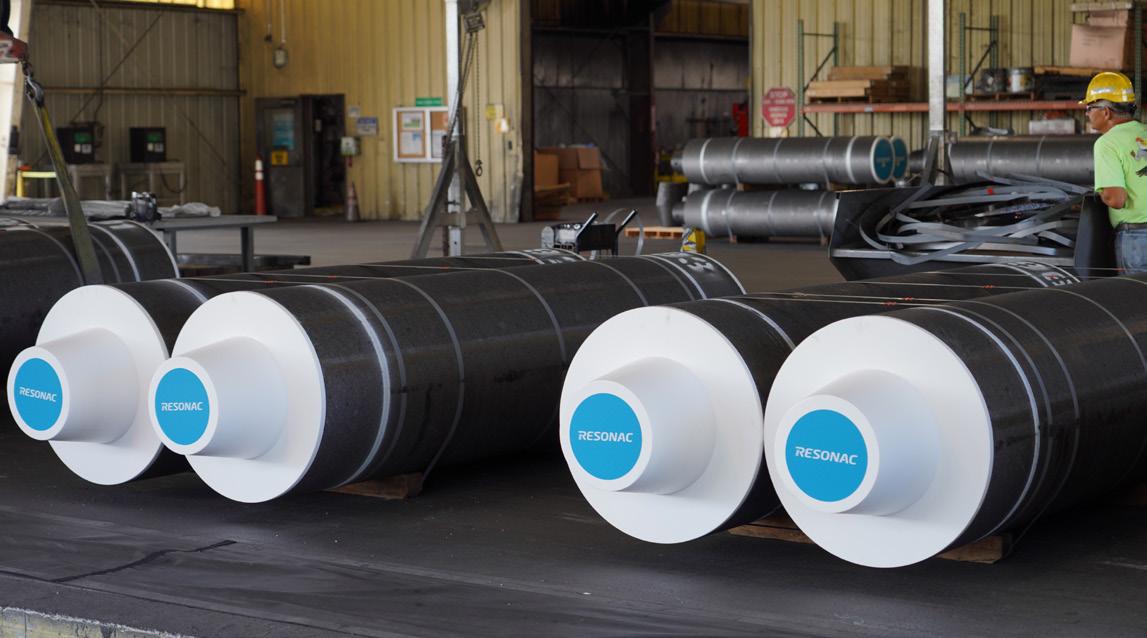
JFE Chemical Corporation is a supplier of coal chemical products, offering unique basic chemicals and various performance products. Our performance products include:
• Fine Chemicals (indene derivatives, fluorene derivatives, acenaphthylene, phenol derivatives, special olefin polyimide raw materials, polyimide varnish, special phenolic resins, benzoxazine, bismaleimide)

• Battery Materials (hard carbon, natural graphite anode materials, artificial graphite anode materials)
• Magnetic Materials (iron oxide powders, soft ferrite powders, ferrite cores)
• Thermoformable Composite Sheets (KP-Sheet)
4F JFE Kuramae Bldg., 2-17-4 Kuramae, Taito-ku, Tokyo 111-0051, Japan
Contact us: www.jfe-chem.com/en/contact
“Decarbonisation is more of a regional than a global effort. We anticipate that supplying a GE with an Environmental Product Declaration (EPD) will soon be as standard as providing a safety data sheet, and RGBU is ready for this shift,” he states optimistically.
An area where RGBU has wisely invested in its future is its Ridgeville location in the US, where a new, stateof-the-art GE machining line is set to be operational this summer.
This investment focused on the challenges of the US steel industry, hinging on the need for preciselymachined electrodes for new EAF furnaces.
“The project utilised US-made steel, ensuring the same customers using these electrodes to turn scrap steel into building materials were
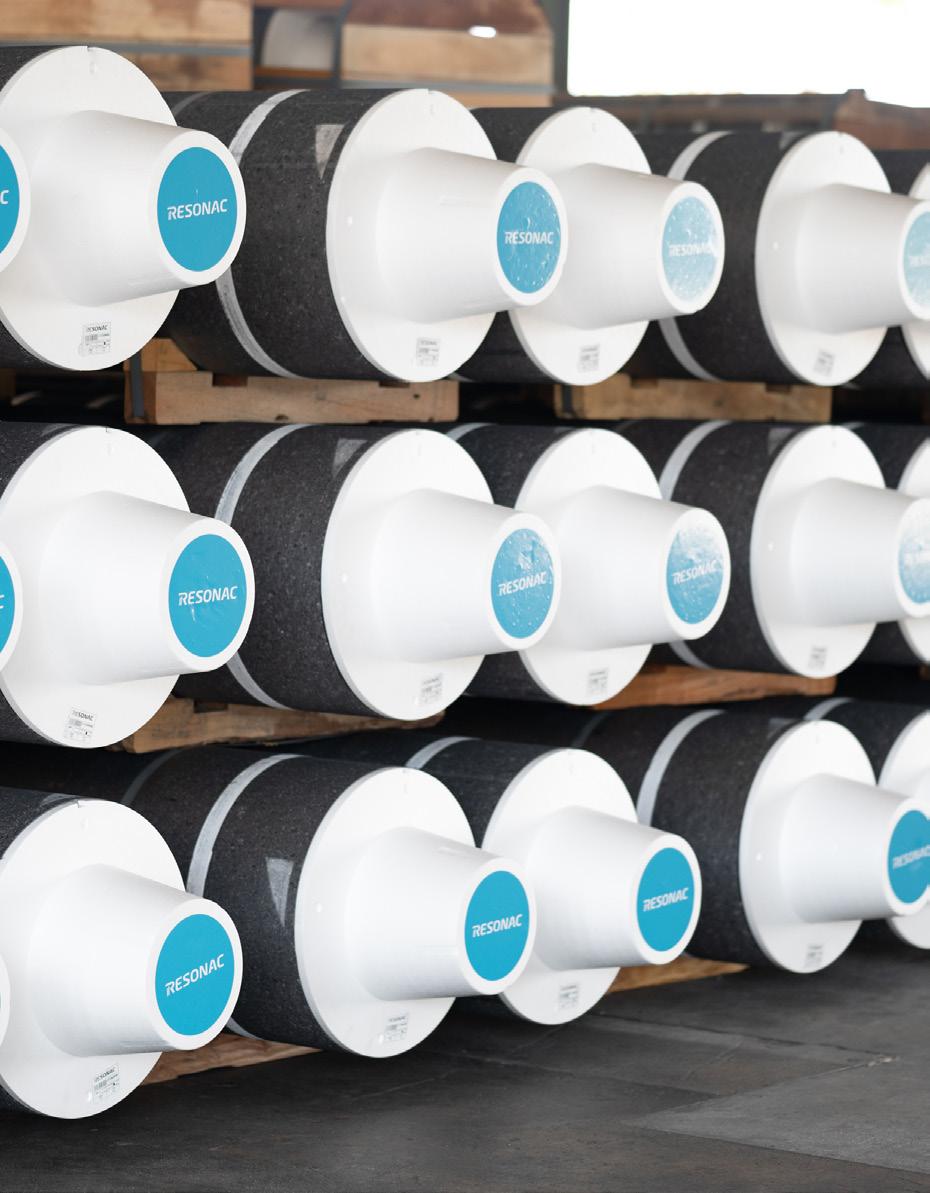
involved in creating the structure that machines them,” Saxon observes.
Recognising the complexities of modern EAF steelmaking and having the country’s newest advanced electrode machining line, alongside cutting-edge EAFs, will ensure RGBU remains the benchmark of the US steel industry.
“Considering the current state of our industry, our priorities for the coming year are straightforward. We aim to establish ourselves as a responsible and respected leader in the synthetic graphite sector,” he impassions.
“Whilst factors such as critical mineral designations, regional outlooks, tariffs, anti-dumping duties, and unfair competition are relevant to our industry, it is essential to understand that these issues alone will not make us a true leader.”
With this in mind, RGBU is committed to being the supplier
of choice in synthetic graphite by delivering maximum value for its customers and aiding them in challenging business environments by striving to offer competitive products and services, ensuring sustainability and value in the marketplace.
“Looking ahead, we aim to keep our business sustainable for our colleagues, customers, suppliers, and stakeholders. This involves being economically, environmentally, and managerially sustainable whilst upholding our core values – these are our priorities for the future,” Saxon concludes.

www.graphite.resonac.com

